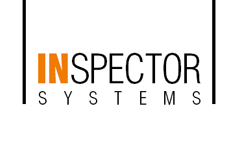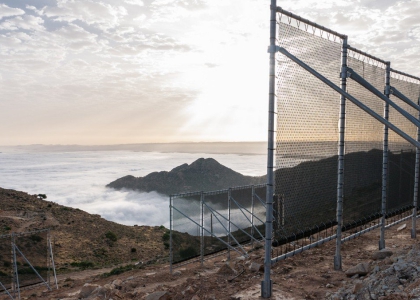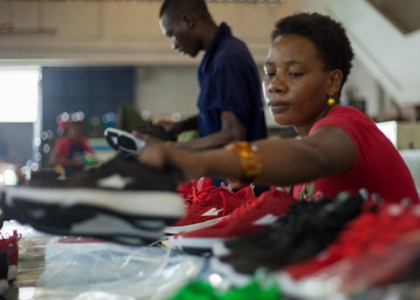"There is only one Earth, let's work together to keep it habitable in the long term and in conditions worth living in for everyone!"
The term "sustainability" has a complex and multi-faceted conceptual history and originates from the forestry industry in the early 18th century. It was first used by the German forestry expert, Hans Carl von Carlowitz. This experienced the first energy crisis in the course of industrialization in the sense that the ore mines and smelters of the Erzgebirge (Ore Mountains: at that time one of the largest raw material processing areas in Europe) had to be supplied with a lot of wood as an energy source for the production of pig iron and steel.
Increasing population and urban growth contributed strongly to a "wood shortage" at that time. Since regulated forest management as well as laws, ecological standards or certifications for afforestation did not exist, von Carlowitz demanded "respectful" and "careful" treatment of nature and its raw materials, even back then. He criticised over-exploitation aimed at short-term profit and recognised that, in the long term, forests can only withstand a certain level of resource use without suffering damage.
Sustainability is a principle of activity for the use of resources
Only cut as much wood in the forest as can permanently grow back. This basic principle of the term "sustainability" was transferred to the handling of all resources in the second half of the 20th century, when it was recognised that raw materials and energy supplies in the world were threatening to run out. The earth's resources, although often only available in limited quantities, are used more intensively today than in any earlier age. This means that sustainability requires a social development that is ecologically compatible, socially just and economically efficient. People should not live at the expense of people in other regions of the world and at the expense of future generations, but instead enable everyone, now and in the future, to live in the full enjoyment of their dignity.
The sustainability philosophy of INSPECTOR SYSTEMS
Sustainability is, therefore, a guiding principle of Inspector Systems. As an internationally operating company, we feel obliged not only to pursue the idea of sustainability internally, but also to actively support it financially through resources and projects. Here, in our view, it is particularly important to respect human rights, to promote quality of life and well-being within a society and to ensure good, environmentally sound working conditions. Therefore Inspector Systems promotes these sustainability ideas as a partner of various organisations and projects.
Sponsored organisations and companies
Viva con Aqua (Spanish for "Living with Water"): In many areas of the world, the supply of clean drinking water is currently not ensured and thus represents an immense potential for conflict and poverty. In the coming years, too, it is expected that the supply of clean drinking water will play an increasingly important role. In order to sustainably change this in various areas of the world, since 2020 Inspector Systems has been financially supporting the non-profit organisation "Viva con Aqua" in various projects, with annual amounts in the mid 5-digit range. The organisation was founded in 2006 and works internationally to promote access to clean drinking water, hygiene and basic sanitation in countries where these conditions for human life are rarely met.
Enda: According to general calculations, Africa's population will double by 2050 and then account for 20% of the world's total population. In order to feed these many people, it is fundamentally important for the African continent and its economy that sustainable technologies and skilled jobs are created in Africa itself. Enda is a "Public Benefit Corporation" based in Nairobi, Kenya. It has emerged from a start-up and has set itself the goal of bringing the world-famous Kenyan running spirit to the world by producing for the first time high-quality running shoes "Made in Kenya".
The special thing about Enda is the sustainable idea of producing the running shoes completely locally in Kenya, from the raw material to the finished running shoe, and thus also creating skilled jobs throughout the local supply chain. Inspector Systems supports the "Enda" initiative with a loan in the mid 5-digit range so that the company founded by two Kenyans can make the leap to an established company.



